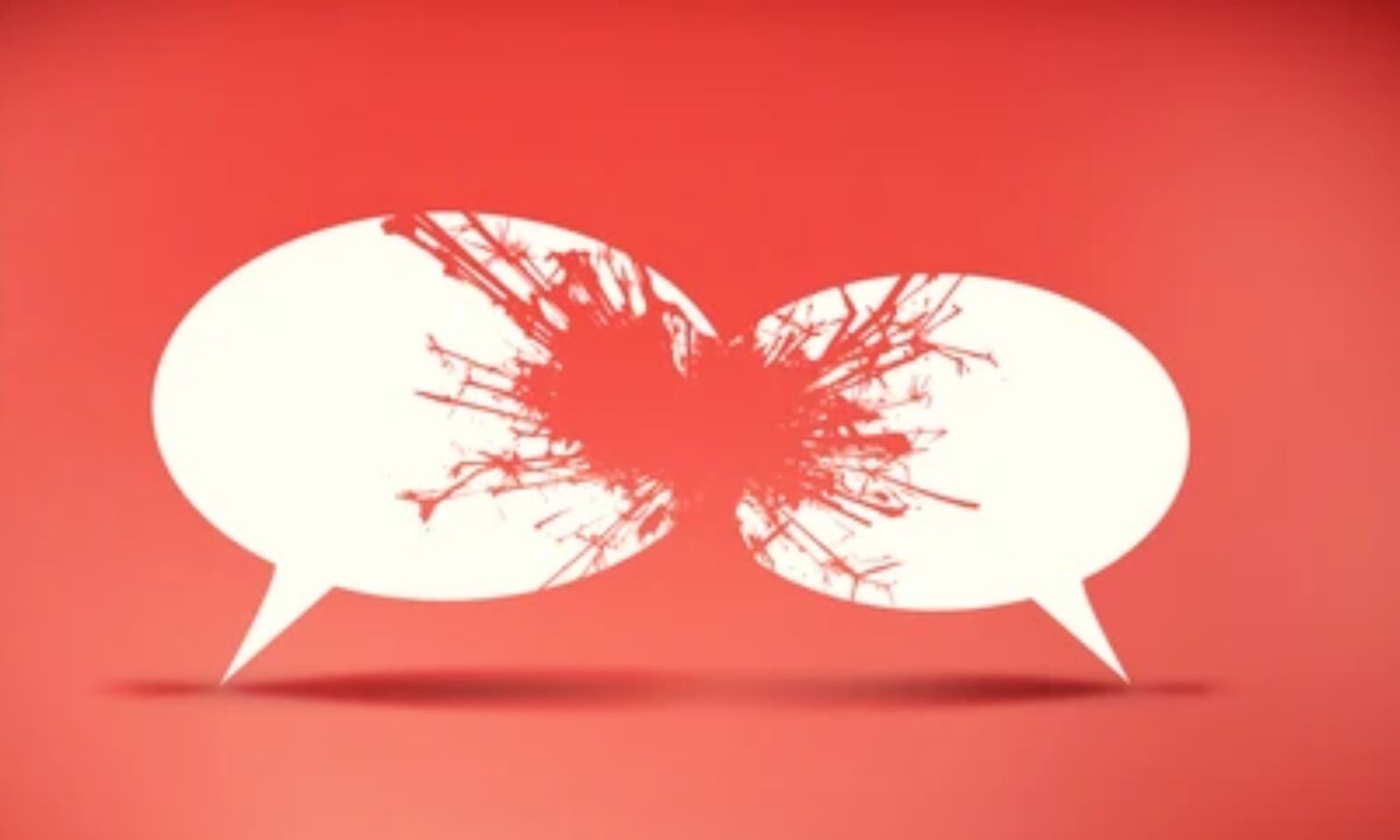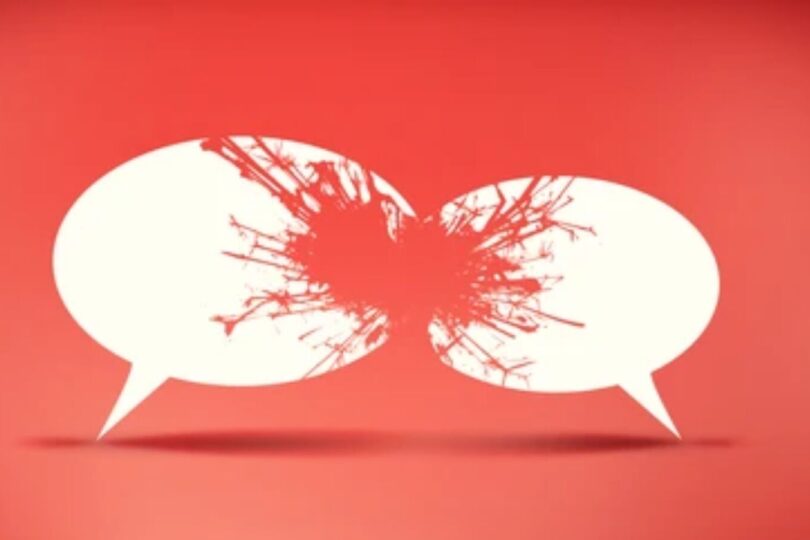
COVID-19 AND INTELLECTUAL PROPERTY
In the most recent time, a petition signed by over 2.7 million people from around the world calling for universal access to affordable COVID-19 vaccines is received by the WTO on 7 June 2021
India and South Africa had requested WTO to waive certain conditions of the Trade Related Aspects of Intellectual Property Rights (TRIPS) Agreement during the first wave of Pandemic Covid-19 in October 2020, that could impede timely access to affordable medical products to combat Covid-19, which is now supported by US also.
To meet with the situation of Pandemic Covid-19, it is important to understand the scope of the Article 31 of Trade Related Aspects of Intellectual Property Rights (TRIPS Agreement) and paragraph 6 of Doha declaration.
As per article 31, a WTO member state has a right to enact legislation for compulsory licensing for use of the subject matter of a patent without the authorization of the right holder, including use by the government or third parties authorized by the government. Such use may only be permitted if, prior to such use, the proposed user has made efforts to obtain authorization from the right holder on reasonable commercial terms and conditions and that such efforts have not been successful within a reasonable period of time. This requirement may be waived by a Member in the case of national emergency under exceptional circumstances exist justifying waivers from the obligations set out in paragraphs (f) and (h) of Article 31 of the TRIPS Agreement with respect to pharmaceutical products;
(f) any such use shall be authorized predominantly for the supply of the domestic market of the Member authorizing such use;
(h) the right holder shall be paid adequate remuneration in the circumstances of each case, taking into account the economic value of the authorization;
The World Trade Organization’s Declaration on the TRIPS Agreement and Public Health (known as the Doha Declaration) of 2001, and subsequent Decision on the Interpretation of Paragraph 6 reached in 2003, affirmed the flexibilities available under the Agreement on Trade Related Property Rights (TRIPS) to member states seeking to protect public health.
In the most recent time, a petition signed by over 2.7 million people from around the world calling for universal access to affordable COVID-19 vaccines is received by the WTO on 7 June 2021. It is delivered by Avaaz, an online activist network, and the People’s Vaccine Alliance, a coalition of organizations. The petition brings together the work of more than 40 organizations worldwide.
Aside from the debate among WTO members on the specific proposal for a waiver to the TRIPS Agreement there are different provisions and appreciate different factual situations in Indian Scenario. There are various statutory provisions in the Indian Patents Act, 1970 (the Act) that deal with governmental use of patented inventions. These various sections of Indian Patent act 1970 are Section 47 (Grant of patents to be subject to certain conditions), Section 92 (Special provision for compulsory licenses on notifications by Central Government) and Section 100 which provides that the Government, or any person authorized by it, is empowered to use the patented invention ‘for purposes of Government/national interest’.
THE PATENTS ACT, 1970, Section 47(Grant of patents to be subject to certain conditions): The grant of a patent under this Act shall be subject to the condition that Section 47 provides that the grant of patents is subject to certain conditions. This section inter alia, states that the government may import or make or have made on its behalf any patented product or product made by a patented process for purposes ‘merely of its own use’.
As provided in Section 47, the Government may import, make and use patented inventions for the purpose of its own use.
According to Section 47 (1) any machine, apparatus or other article in respect of which the patent is granted or any article made by using a process in respect of which the patent is granted, may be imported or made by or on behalf of the Government for the purpose merely of its own use;
(2) any process in respect of which the patent is granted may be used by or on behalf of the Government for the purpose merely of its own use;
(4)it states that in the case of a patent in respect of any medicine or drug, the medicine or drug may be imported by the Government for the purpose merely of its own use or for distribution in any dispensary, hospital or other medical institution maintained by or on behalf of the Government or any other dispensary, hospital or other medical institution which the Central Government may, having regard to the public service that such dispensary, hospital or medical institution renders, specify in this behalf by notification in the Official Gazette.
Thus Section 47 (1) and (2) allows the manufacture, while (4) allows the import. Section 47 requires no royalties to be paid to the patentee.
Section 92 of the Patent Act (1970) allows issuing compulsory licenses. Section 92 of the Patent Act states that the Central Government in circumstances of national emergency or in circumstances of extreme urgency can issue the compulsory licenses for any patenting force. It can be issued at any time after the sealing thereof to work the invention by notification in the Official Gazette.
The issuance of compulsory licenses will allow Indian manufacturers to produce a more affordable generic version.
Compulsory Licensing: Compulsory Licensing (CL) allows governments to license and permit third parties (that is, parties other than the patent holders) to produce and market a patented product or process without the consent of patent owners. Any time after three years from the date of sealing of a patent, application for compulsory license can be made, provided:
i. Reasonable requirements of public in respect of availability have not been satisfied;
ii. Patented invention is not available to public at a reasonably affordable price;
iii. Patented inventions are not carried out in India. (However, in the present invention patented inventions are carried out in India but requirements are not being met.
Compulsory Licensing is regulated under the Indian Patent Act, 1970. The Trade Related Aspects of Intellectual Property Rights (TRIPS Agreement) does not specifically list the reasons that might be used to justify compulsory licensing. However, the Doha Declaration on TRIPS and Public Health confirms that countries are free to determine the grounds for granting compulsory licenses, and to determine what constitutes a national emergency.
Compulsory licensing is supported by Paris convention Article 5A which states:
(1) Importation by the patentee into the country where the patent has been granted of articles manufactured in any of the countries of the Union shall not entail forfeiture of the patent.
(2) Each country of the Union shall have the right to take legislative measures providing for the grant of compulsory licenses to prevent the abuses which might result from the exercise of the exclusive rights conferred by the patent, for example, failure to work.
(3) Forfeiture of the patent shall not be provided for except in cases where the grant of compulsory licenses would not have been sufficient to prevent the said abuses. No proceedings for the forfeiture or revocation of a patent may be instituted before the expiration of two years from the grant of the first compulsory license.
(4) A compulsory license may not be applied for on the ground of failure to work or insufficient working before the expiration of a period of four years from the date of filing of the patent application or three years from the date of the grant of the patent, whichever period expires last; it shall be refused if the patentee justifies his inaction by legitimate reasons. Such a compulsory license shall be non-exclusive and shall not be transferable, even in the form of the grant of a sub-license, except with that part of the enterprise or goodwill which exploits such license.
Section 100 (1) of the Indian Patents Act states “Power of Central Government to use invention for purposes of Government- Notwithstanding anything contained in this Act, at any time after an application for a patent has been filed at the patent office or a patent has been granted, the Central Government and any person authorized in writing by it, may use the invention for the purposes of Government in accordance with the provisions of this Chapter.
As per Section 100, the patented invention is being used by the Government while exercising its sovereign function. Further, as per Section 100 royalties must be paid to the patentee based on an agreement between those specific parties.
As provided in Section 47, the Government may import, make and use patented inventions for the purpose of its own use. The scope of this provision is narrow when compared with government use highlighted in Section 100, wherein it is stated that the government, or any person authorized by it, is empowered to use the patented invention for purposes of government. The government should work towards breaking the patent monopoly as access to medicine especially during this pandemic time is one of the fundamental rights (Right to Health under Article 31 of TRIPS) of every person in the country. Government while exercising its sovereign function shall make the choice to use any of the section preferably Section 92 or Section 100 of course with the intention of paying the royalty to boost the invention upcoming in future as Section 47 there is no royalty criteria involved.
TRIPS agreement based on Doha declaration and Paris convention Indian patent law has provided a provision for CL under section 85 wherein in case of insufficient working of medical field related granted patent invention in respect of insufficient availability of patent related medicine invention related product at affordable price. In such a case, a third party has to try for voluntary license from patentee and after having failed to obtain voluntary license, can approach Govt. for compulsory licensing.
Taking into consideration the current pandemic at global scale, WIPO has a big role to play by waiving off certain restrictions in TRIPS agreement for CL and other possible ways as discussed here in before to ensure accessibility of essential vaccines /drugs protected by patent/s to victims of pandemic in sufficient quantity at affordable price. Country like India, wherein the population is very rich and Government has a big task to meet the requirement in terms of vaccines and the medications required for the treatment of “COVID-19”.
